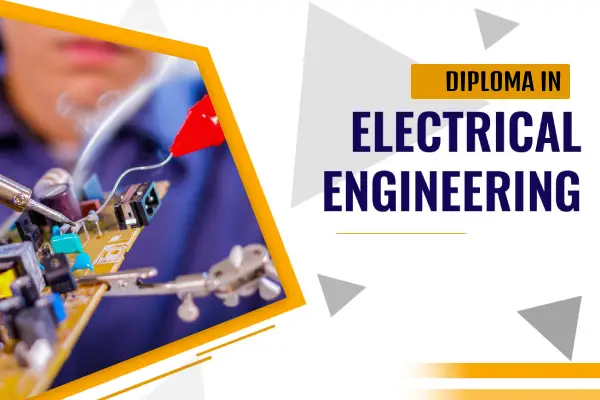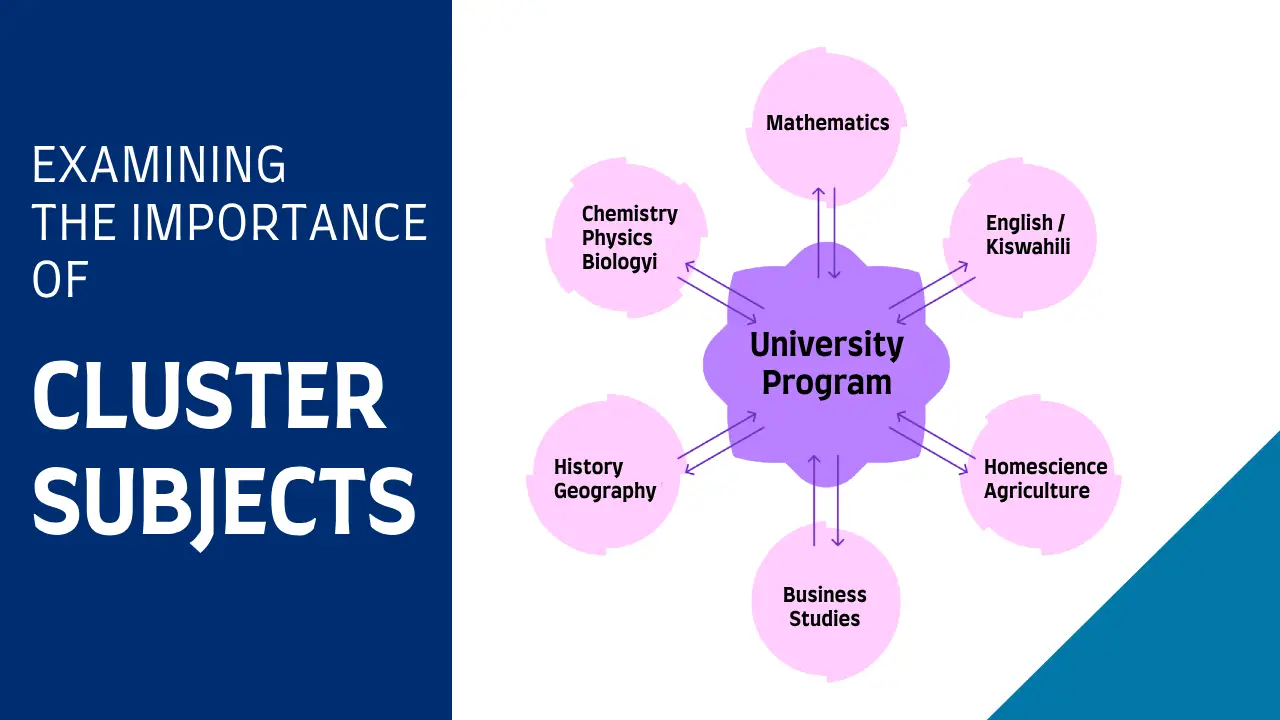Financial Planning
A Guide to Financing Your Education in Kenya
Financing your education in Kenya requires careful planning and research. By exploring the various options available, you can secure the necessary funds to pursue your academic goals. Remember to maintain good academic performance, network with the right people, and seek financial advice to make the most of your educational journey.
By Samuel |
Published on 12-Dec-2024

Financing education in Kenya can be a significant challenge, especially for families with limited financial resources. However, with careful planning and exploration of available options, it's possible to secure the necessary funds to pursue higher education. This guide provides an overview of the various financing options available to Kenyan students.
Government Scholarships and Bursaries
The Kenyan government offers a range of scholarships and bursaries to support students from disadvantaged backgrounds. These programs are often targeted towards students pursuing specific courses or those from marginalized communities.
- Helb: The Higher Education Loans Board (Helb) is a government agency that provides loans to students pursuing higher education in public and accredited private universities and colleges. The loans are repayable, but with flexible repayment terms.
- County Government Scholarships: Many county governments in Kenya offer scholarships to students from their respective counties. These scholarships can cover tuition fees, accommodation, and other expenses.
- Government Scholarships for Specific Programs: The government also offers scholarships for specific programs, such as engineering, medicine, and agriculture. These scholarships are often highly competitive and require excellent academic performance.
- Private Scholarships and Grants: Several private organizations and institutions offer scholarships and grants to Kenyan students. These scholarships can be based on academic merit, financial need, or specific talents.
Corporate Scholarships: Many corporations in Kenya offer scholarships to students, often focusing on specific fields such as engineering, IT, and business.
NGO Scholarships: Non-governmental organizations (NGOs) also offer scholarships to students, particularly those from marginalized communities.
University and College Scholarships: Universities and colleges in Kenya offer scholarships to high-performing students. These scholarships can be merit-based, need-based, or based on specific talents.
Student Loans
In addition to government loans, there are private student loan providers in Kenya. These loans can be used to cover tuition fees, accommodation, and other expenses. However, it's important to carefully consider the interest rates and repayment terms before taking out a private student loan.
- Part-Time Jobs and Self-Employment: Part-time jobs and self-employment can be a valuable way to finance your education. Many students work part-time in restaurants, retail stores, or as tutors to earn extra income.
- Savings and Investments: Starting to save early can help you accumulate funds for your education. Consider opening a savings account and investing in low-risk investment options.
Tips for Securing Funding
- Research: Thoroughly research available scholarships, bursaries, and loans.
- Maintain Good Grades: Good academic performance increases your chances of securing scholarships.
- Network: Build relationships with mentors, teachers, and professionals who can provide guidance and opportunities.
- Prepare Strong Applications: Carefully prepare your scholarship applications, including essays and transcripts.
- Seek Financial Advice: Consult with a financial advisor to create a budget and plan your finances.
- Consider Part-Time Work: Balance your studies with part-time work to supplement your income.
- Explore Online Learning: Online courses can be more affordable than traditional campus-based programs.
Conclusion
Financing your education in Kenya requires careful planning and research. By exploring the various options available, you can secure the necessary funds to pursue your academic goals. Remember to maintain good academic performance, network with the right people, and seek financial advice to make the most of your educational journey.










